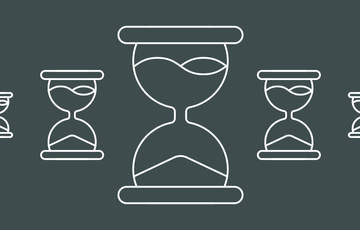Alcohol dependency affects all age groups, but seniors are particularly vulnerable. After age 75, almost 37% of men and 15% of women consume alcohol daily, three to five times more than working people under 65. In Switzerland, 6.2% of seniors suffer from problematic alcohol consumption, the equivalent of more than four glasses of wine per day for a man and two for a woman, according to the latest figures from the Swiss Federal Office of Public Health. And about a third of the individuals affected developed this addiction after retirement.
At the same time, this population also consumes many drugs, including benzodiazepines, sedatives that include Temesta and Xanax, taken by almost 18% of people over 75, according to a report of Addiction Suisse.
Increased risk of psychological disorders
“Retiring from the labour force, the mourning of a loved one or the lack of social contact exposes some people to mental disorders such as depression and anxiety," says Pierre Vandel, Head of Service at the University Service of Advanced Age Psychiatry (SUPAA) of the CHUV.
Although common, this psychological distress is often misdiagnosed in people over 65. “The most common symptoms, such as a feeling of deep sadness, decreased psychomotor abilities or loss of appetite, are sometimes mistakenly considered to be a simple effect of aging. This trivialisation unfortunately leads to many delays in access to care for people who would need it.”
In addition, risky behaviours are easily overlooked, especially among people who live alone. “Excessive drinking, for example, is often detected only after it has had its first adverse effects on health, for example when one is hospitalised for acute confusional state or an accident on the public road.”


![[Translate to Anglais:] IMAGE: LARGE NETWORK](https://www.invivomagazine.ch/fileadmin/_processed_/d/9/csm_LN_INVIVO_TABOU_Dependance-Seniors_26148dd72e.png)
